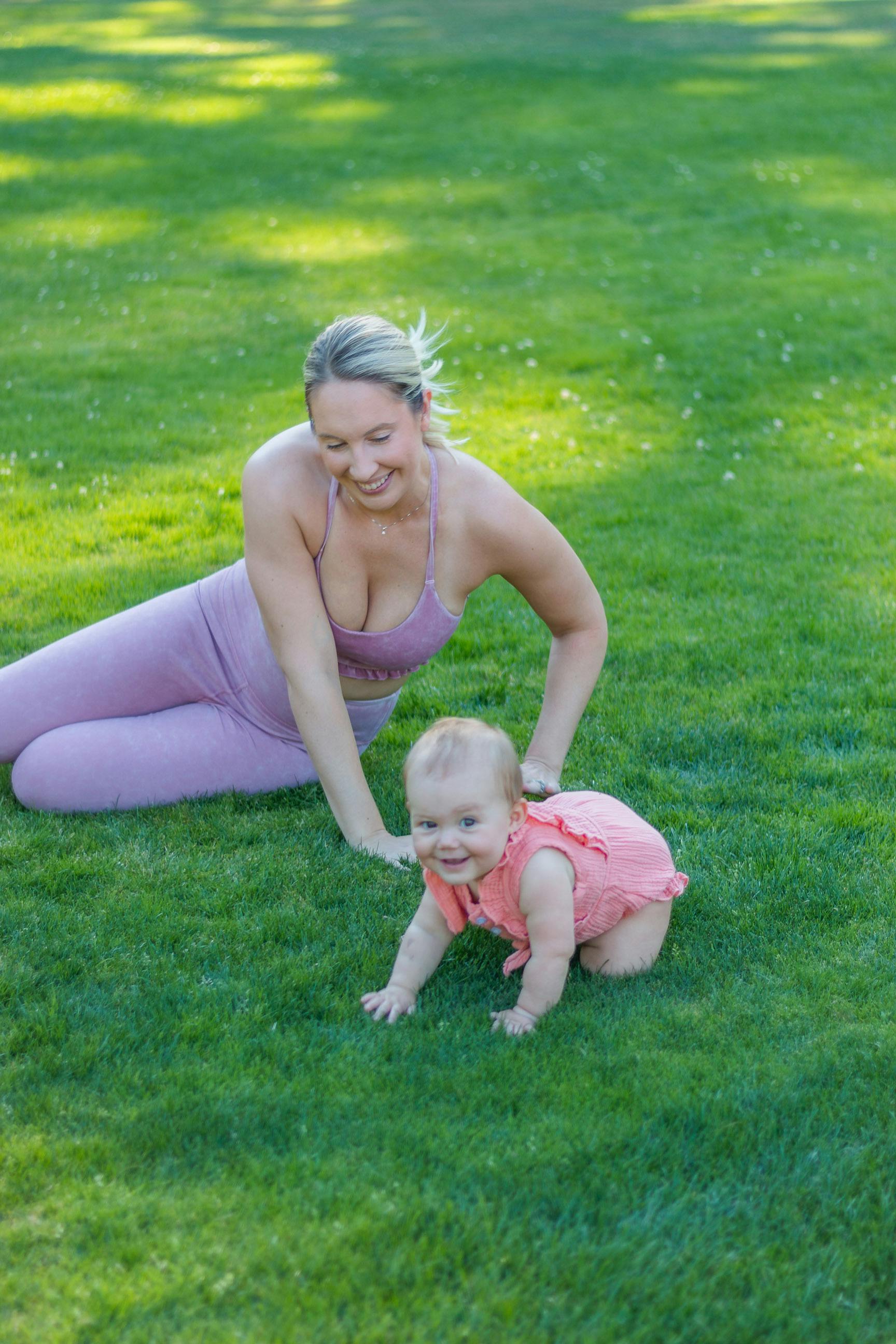Introducing solid foods is a significant milestone in your baby's development, marking the transition from exclusive milk feeding to a more varied diet. As parents, it’s natural to have questions about when and how to start this new journey. At Pinnacle Chiropractic, we understand the importance of nurturing your child's health from the very beginning. Here are five signs that indicate your baby might be ready to start solid foods.
1. Increased Appetite and Interest in Food
One of the earliest signs that your baby is ready for solid foods is an increased appetite. If your little one seems hungry even after regular breast or formula feeding, it might be time to introduce solids. Additionally, showing interest in the food you eat, such as watching you intently or trying to grab food from your plate, is a clear indicator that they are curious and eager to explore new tastes and textures.
2. Good Head and Neck Control
Before introducing solid foods, it’s crucial that your baby has good head and neck control. This means they can hold their head up steadily and sit with minimal support. Solid food introduction requires your baby to coordinate swallowing with breathing and chewing, which is challenging without proper head control. Generally, babies develop this skill around six months of age.
3. Ability to Sit Upright with Support
Your baby should be able to sit upright with support, such as in a high chair, when starting solid foods. Sitting up helps reduce the risk of choking and allows your baby to swallow more effectively. This posture also aids in digestion, ensuring that your baby can comfortably handle the new types of food they will be trying.
4. Loss of the Tongue-Thrust Reflex
The tongue-thrust reflex is an instinctual movement where a baby pushes anything out of their mouth with their tongue. This reflex helps protect babies from choking and typically fades around four to six months. When your baby loses this reflex, they can start to accept and swallow solid foods without pushing them out automatically.
5. Curiosity and Readiness to Chew
Another sign that your baby is ready for solid foods is their readiness to chew. You might notice your baby mimicking chewing motions even without teeth. This behavior shows that they are preparing for the new textures and consistency of solid foods. Babies at this stage often enjoy playing with food, which is a critical part of learning how to eat independently.
Tips for Introducing Solid Foods
Once you’ve identified these signs, introducing solid foods can be an enjoyable experience for both you and your baby. Here are a few tips to ensure a smooth transition:
- Start Slowly: Begin with single-ingredient foods like pureed vegetables or fruits. This helps you identify any potential allergies and allows your baby to get used to new tastes and textures gradually.
- Consistency is Key: Establish a feeding routine that aligns with your baby’s existing milk-feeding schedule. Consistency helps your baby understand when to expect solid foods.
- Patience is Crucial: Every baby is different, and some might take longer to accept solid foods. Patience and persistence are essential as your baby explores new flavors and learns to eat.
- Safety First: Always supervise your baby during feeding to ensure they are swallowing safely. Avoid foods that pose a choking hazard, such as whole grapes, nuts, or large chunks of food.
- Make it Fun: Turn mealtime into a fun and positive experience. Encourage your baby to explore food with their hands, and celebrate their milestones in trying new foods.
Conclusion
Introducing solid foods is a critical step in your baby’s development, and recognizing the signs that they are ready can make the process smoother and more enjoyable. At Pinnacle Chiropractic, we are dedicated to supporting your family’s health journey from the very beginning. If you have any concerns or need guidance on your baby’s developmental milestones, our team is here to help. Together, we can ensure your child’s transition to solid foods is a positive and healthy experience.
Remember, every baby is unique, and what works for one might not work for another. Trust your instincts, be patient, and enjoy this exciting new chapter in your baby’s life.










